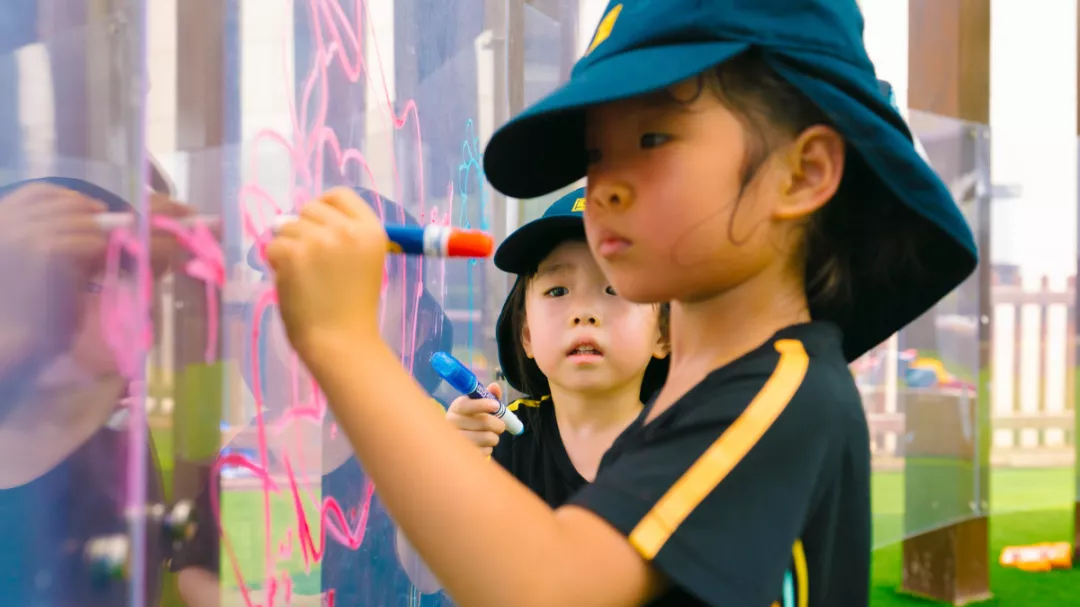
"Children’s behaviours are all reasonable."
A young child’s sense of self starts to develop around the age of two. It peaks around the age of three or four and levels off around the age of six. Both China and English-speaking countries have a word describing the beginning of this period: the ‘terrible twos’.

It is a time when children frequently say 'no'. They become more emotional, insist on doing things that are prohibited and are resistant to the idea of sharing with others.
1
Development of self-awareness
When young children grow up realising that they are not totally dependent on adults, they are eager to practise their newly established autonomy. They seek independence and do not want to be restricted by their parents.
2
Rich emotional experience
Along with this developing sense of self comes a richer emotional experience. They may respond to an experience with a multitude of emotions, and they are not adequately equipped to handle them.
3
Being self-centred
As their motor, language and cognitive skills develop, their social circle begins to expand, but they are not able to share, wait or see things from others' perspectives. They focus all their energy and attention on building their self.
When children enrol in EY1 and EY2 at Hiba Nursery, they are at this developmental stage. Everything they do is triggered by their self-cognition. They tend to become self-centred, and their behaviours can become unpredictable and emotionally charged.
However, if parents can perceive the true intentions behind their child's words and actions, they will soon realise that this just a natural progression as their child learns to explore the world.
Customised support
for your child's development
During this phase, children often experience a wide range of emotions, such as guilt, shame and anger. They centre their social relationships on themselves. This is why our curriculum framework aims to develop a child’s personal, social and emotional development (PSED). This helps them to build on their ability to cope with the challenges that they will inevitably encounter.
PSED lays a solid foundation for a child’s development. It helps them to better understand social dynamics, build relationships with their peers and deal with their own emotions. When a child’s sense of safety is established and their happiness and involvement are improved, they will gain the confidence and independence to explore their new surroundings.

Every child's PSED needs are unique. At Hiba Nursery, our teachers will observe their behaviour and guide them with suitable methods.
We regularly assess their wellbeing and involvement, identify their needs and develop a personalised support plan.
Helping a child build
a healthy sense of self
We value the partnership that we build with parents at Hiba. Parental support plays a vital role in how we help your children develop. Here are some approaches you can take to successfully navigate this challenging period.

1
Do not dismiss their emotions
2
Cultivate your child's resilience
It is our parental instinct to provide care for our children, but this all too easily comes at the expense of a child's autonomy and self-management skills. We should be our children's best supporters, but they must gradually learn how to cope with life's challenges themselves.

Only by respecting and trusting our children can we better understand their needs for personal, social and emotional development.
This enhances their sense of wellbeing and motivates them to take responsibility for their own actions.
A child who feels safe and cared for will emerge from this challenging phase with a well-developed personality and a healthy sense of independence.